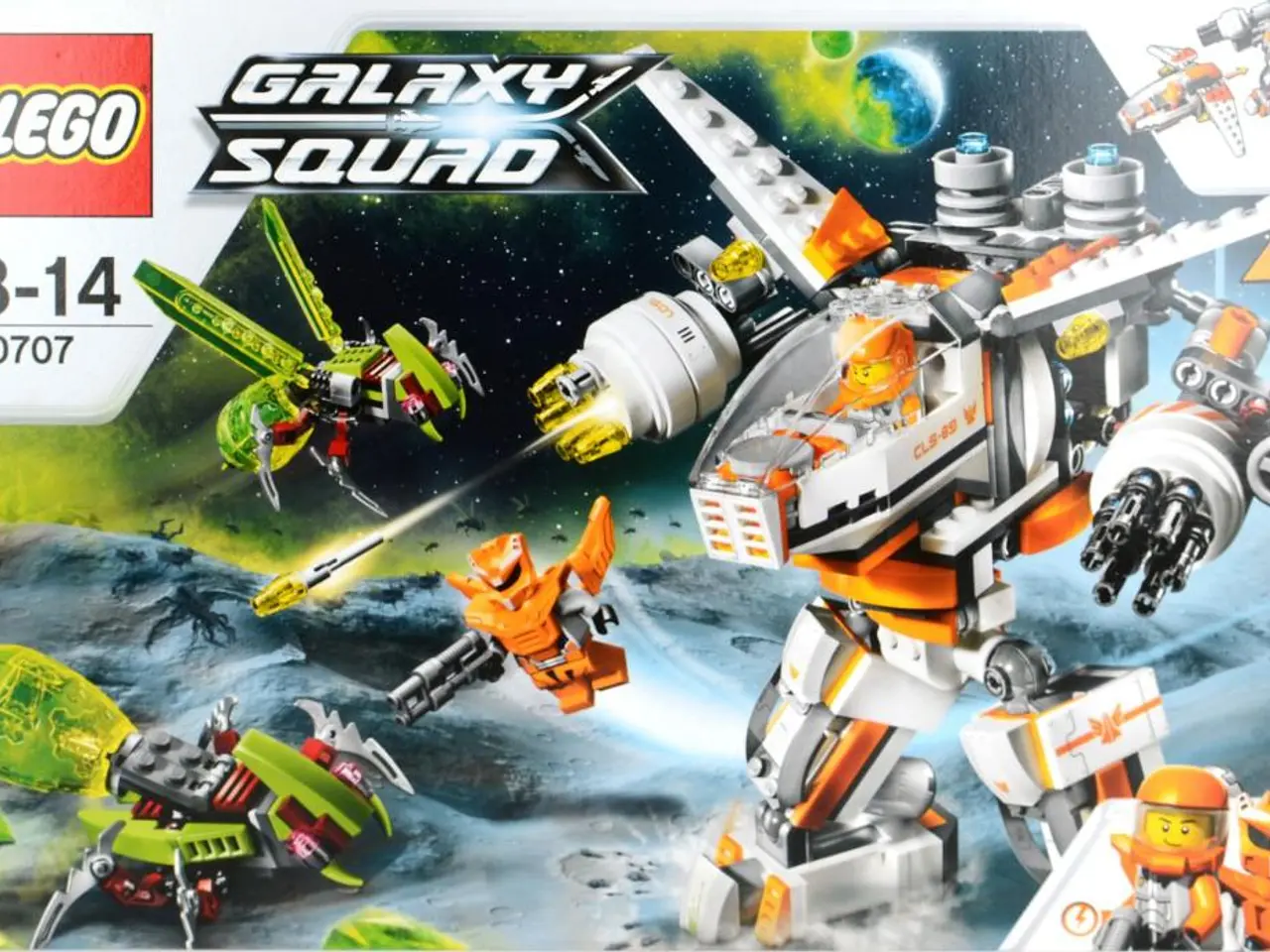Microsoft introduces MAI-Voice-1 and MAI-1-preview, aiming to construct an AI-driven future minimizing reliance on technology from OpenAI
Microsoft and OpenAI, two giants in the tech industry, have been collaborating for some time, but recent developments are reshaping their relationship.
Microsoft, in an ambitious move, is planning to continue developing its own in-house AI models. These models will cater to various user intents and use cases, offering a glimpse of the future inside Copilot. The company is also investing heavily in Azure, with an annual budget of $80 billion, to support these developments.
In contrast, OpenAI is facing pressure from investors to become a for-profit venture. This push could potentially lead to a delay in the collaboration between the two companies, as they strive to find common ground. The delay could result in investor funding loss for OpenAI and open it up to outsider interference and hostile takeovers.
Microsoft has recently shipped two new AI models: MAI-Voice-1 and MAI-1-preview. MAI-Voice-1 is a generational model for high-fidelity, expressive audio, available in Copilot Daily and Podcasts. MAI-1-preview, on the other hand, is pre-trained and post-trained on ~15,000 NVIDIA H100 GPUs and is intended to roll out for certain text use cases within Copilot over the next few weeks. Microsoft plans to learn and improve the model's capabilities based on user feedback.
The relationship between Microsoft and OpenAI, however, remains complex. Microsoft heavily relies on OpenAI's AI smarts but has criticized the GPT-4 technology as too expensive and slow. OpenAI, in response, has openly complained about Microsoft not meeting its cloud-compute needs.
Despite these tensions, Microsoft still holds the right of refusal for OpenAI's services, and the collaboration continues. OpenAI's latest GPT-5 model is integrated into Microsoft's products like Microsoft 365 Copilot, GitHub Copilot, and Azure AI Foundry. However, OpenAI seeks more independence and is cooperating with competitors like Google Cloud, with a contract allowing OpenAI to exit before 2030 if it develops Artificial General Intelligence (AGI).
Meanwhile, OpenAI has announced its $500 billion Stargate project, designed to facilitate the construction of data centers across the United States. This project could potentially alleviate the cloud-compute issues OpenAI has been facing.
Last year, Salesforce CEO Marc Benioff predicted that Microsoft would not use OpenAI's technology in the future. Whether this prediction holds true remains to be seen, as the future of this collaboration is yet to be decided. The collaboration might be pushed into 2026, as both parties are yet to reach a common ground.
As the AI landscape continues to evolve, so does the relationship between Microsoft and OpenAI. Both companies are pushing the boundaries of AI technology, and their collaboration, although complex, will undoubtedly shape the future of AI.
Read also:
- Peptide YY (PYY): Exploring its Role in Appetite Suppression, Intestinal Health, and Cognitive Links
- Toddler Health: Rotavirus Signs, Origins, and Potential Complications
- Digestive issues and heart discomfort: Root causes and associated health conditions
- House Infernos: Deadly Hazards Surpassing the Flames








